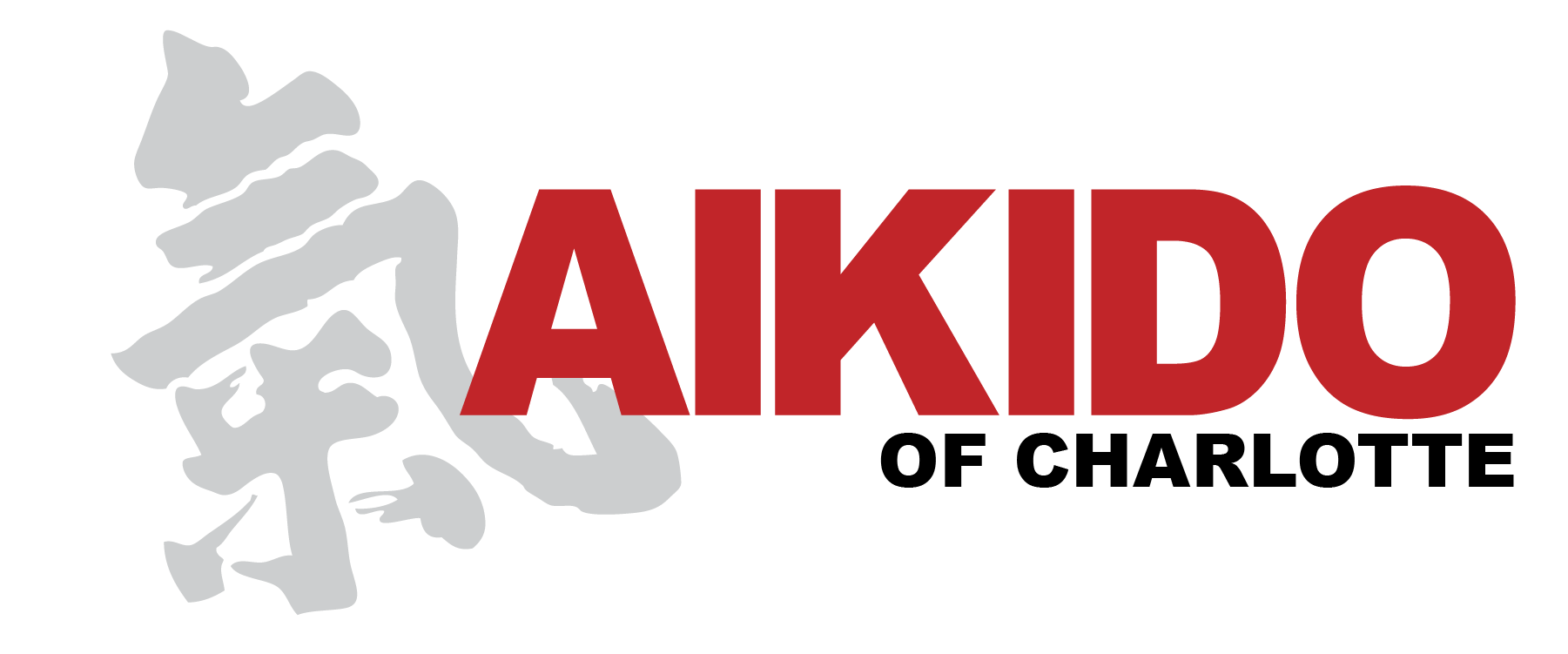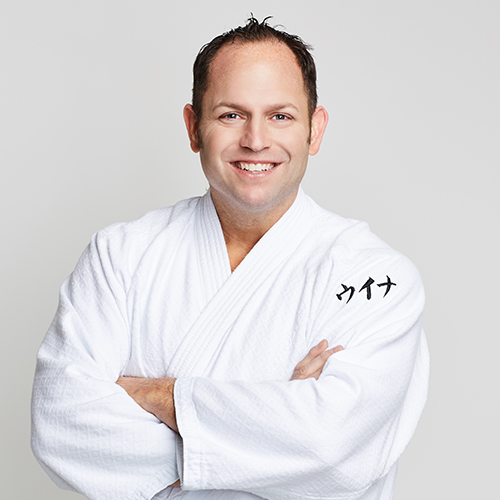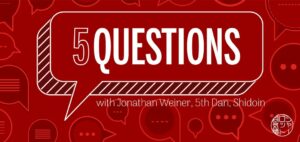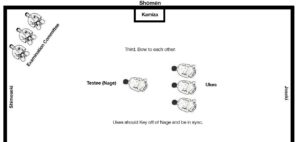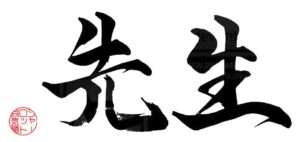I saw this graphic the other day and thought it was spot on. As an Aikido teacher, in addition to teaching the martial circulum I really try and help mentor my students in a lot of the intangible aspects to Aikido. Attitude, Character, & Etiquette. And this truly applies to our senior students that have Shodan as a goal. When you acquire 5+ years of dedicated, consistent practice you have martial arts skills. You should know the basics. You are conditioned physically to endure intense seminar training. But THE most important aspect is your attitude and character specifically to Aikido. Meaning, the dojo, the teachers, the students, the etiquette, the circulum and more. I asked our senior students, some of which are teachers what this meant to them:
“When a sensei is teaching, they aren’t just correcting poor skills, they also correct problems with character & attitude.”
Here’s what they said:
“Weiner-Sensei, this word is naturally accepted by me as a Japanese. In Japan, learning such as Aikido is generally a process in which the student follows the path that the Sensei goes on, and if the students goes off the path, the Sensei correct it. Through this process, students will be able to distinguish between what they should do and what they should not do. From the beginning, the oriental learning process is applied not only to specific skills, but also to life style and humanity.”
–Kazuhito Ozu, 4th Dan
“Sensei….what it means to me is that you, as my Sensei, is not only watching for/correcting various technical errors/faults (may not be the best word…..but) but you are also seeing how I respond to the correction…is their any weakness, such as in character, in sincerity in receiving the correction. I believe being the Sensei you are not only watching how I do a technique as either the nage or uke (whether tai jutsu or buki waza) but how I blend/interact with either my sempai or kohai. We all have “faults”(either in techniques or interpersonal relationships) and these are the things that we work on. These are the things that I work on. “
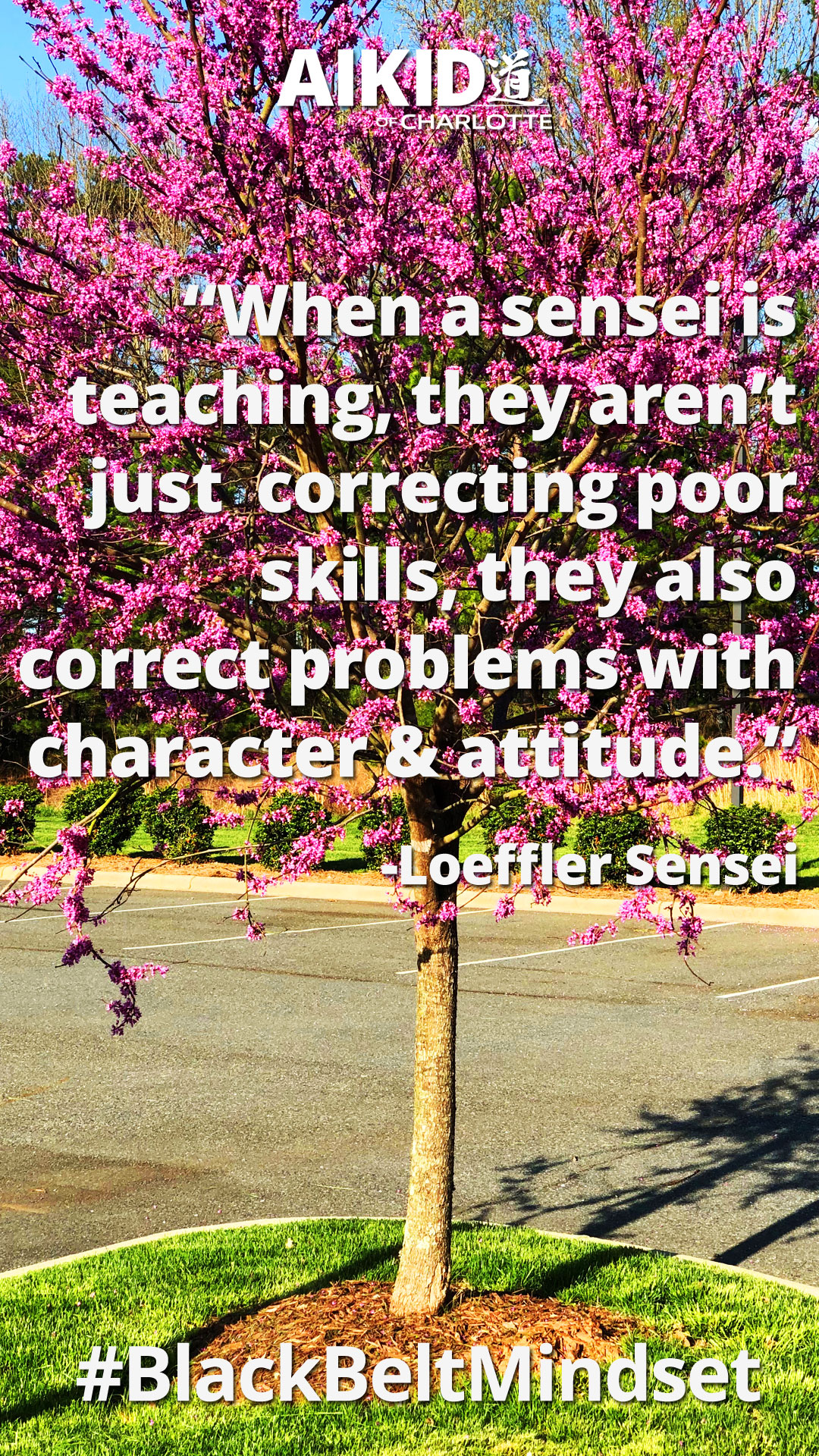
-Bob Roemer, 3rd Dan
“Sensei isn’t just training you to be a good martial artist, but also to be a good sempai. Even more important than having good technique as a sempai is setting the example for all of the kohai. With proper character and attitude, skill will develop.”
-Jim Hyde, 3rd Dan, Fukushidoin
“Aikido is more than a collection of techniques and skills- it is a budo which embraces cooperation and self-control. A sensei’s imparting of that mindset to their students is at least as important as correcting their students’ movements, but considerably harder to accomplish. Part of being a good kohai is learning how to take correction humbly, to blend with conflict, to respect one’s partner. A good sensei sets those expectations on the mat and then models them off the mat, and a good student observes and emulates that behavior. As a personal aside- I’d much rather train with someone who had bad technique than someone who had a bad attitude!”
-Richard Pierce, 1st Dan
“To me, this is about “the way” of a martial art and the role of a Sensei as a guide on the path. Martial arts are about more than just punches, kicks, joint locks, and throws. They are also about Budo: Devotion, Respect, Benevolence, etc. To be a fully developed marital artist one must learn not only the techniques, but also the Way – and good Sensei teaches both.“
-Matthew Ladenheim, 1st Dan
“Sensei, The ability to stay on the Path requires more than the mastery of physical skill. It requires that we confront aspects of ourselves that we are often blinded from and could eventually cause us to “stray” from the Path that we are passionately pursuing. A good teacher will hold up the “mirror” during class that will allow us over time to make the adjustments needed to continue, eventually on our own.”
-Jim Plunkett, 1st Dan
“The mind and body are inextricably combined. When psychologically stressed, it takes a toll on our bodies. This is well known to us, and we try to manage stress in our lives as a consequence. However the opposite is also true: when our bodies are physically stressed our minds suffer the exhaustion. When this happens we often act out in ways we shouldn’t. This can manifest itself in irritability or frustration. Aikido instructors help identify these negative behaviors to accomplish two things. The first is in the name of self-improvement. Purifying yourself of negative emotions and responses is a core part of the spirituality of Aikido. The second is so that in an actual martial situation, your emotional reaction doesn’t overwhelm you and place you in mortal danger.”
-Jack Freund, 1st Dan
5 Questions with our Chief Instructor – Part 2
5 Questions with our Chief Instructor – Part 2 Jared Heintz: Aikido is often praised for its applicability in self-defense situations. Could you discuss how Aikido techniques can be adapted to real-world scenarios, and what mindset one should cultivate in such situations? Weiner Sensei: As I approach 25 years of Aikido practice, I’ve realized that…
Rank Testing Bowing Reiho – Advanced
Rank Testing Bowing Reiho – Advanced Andy Demko Shihan likes to say, “The little things don’t mean a lot, they mean everything”. Everyone who has practiced in our dojo or visited has seen that we take Reiho (Etiquette) pretty seriously. In all that we do, practice. Bowing. Addressing each other & more. I learned a…
Sensei
Sensei 先生 The two characters that make up the term can be directly translated as “born before,” and imply one who teaches based on wisdom gained from age and experience. In general usage, it is used, with proper form, after a person’s name and means “teacher.” In Japan, the word is also used as a…
